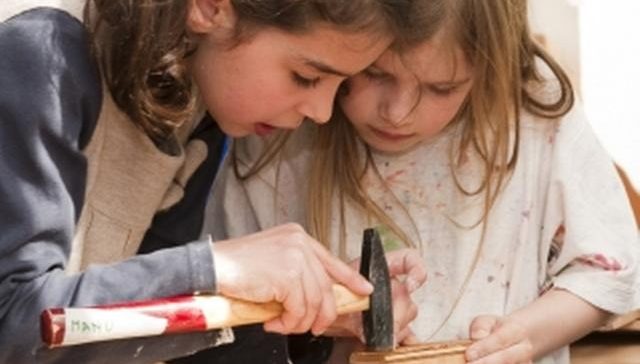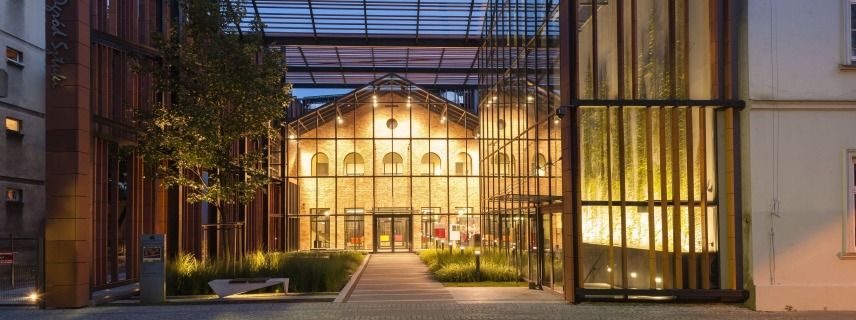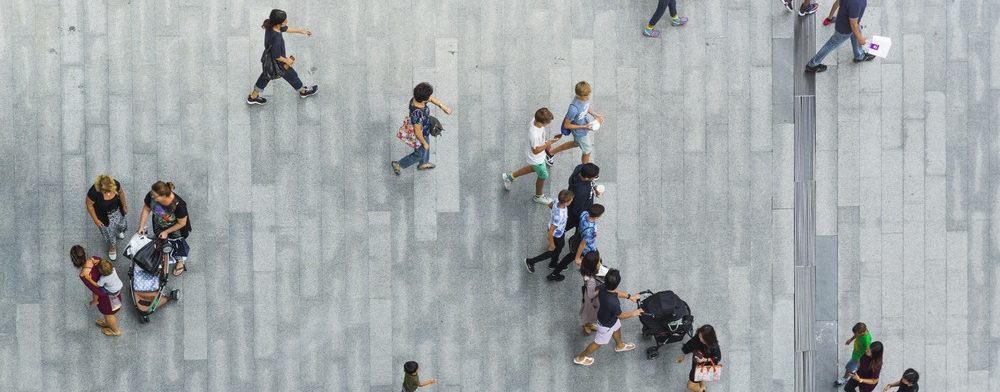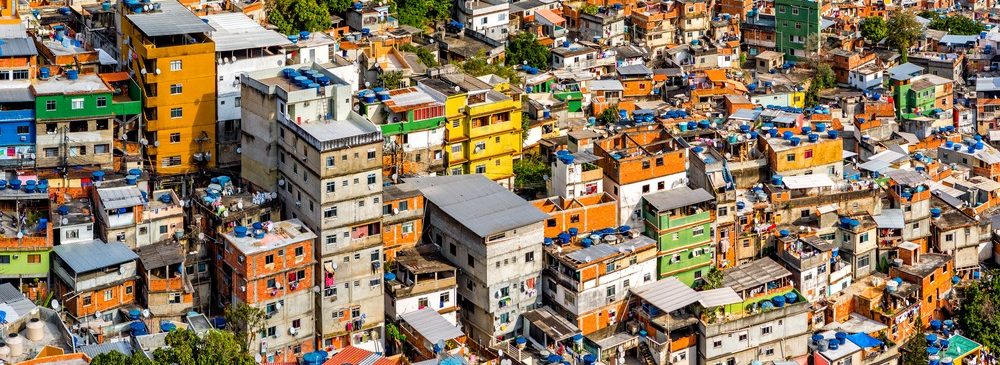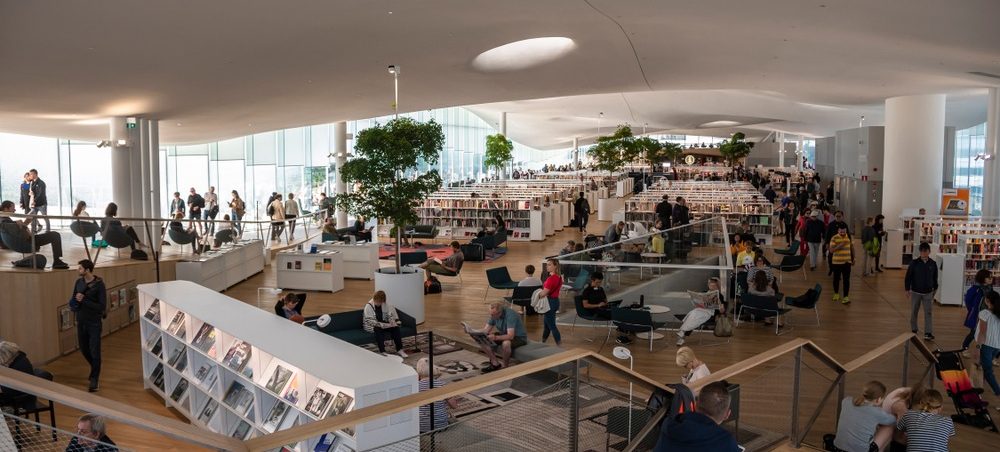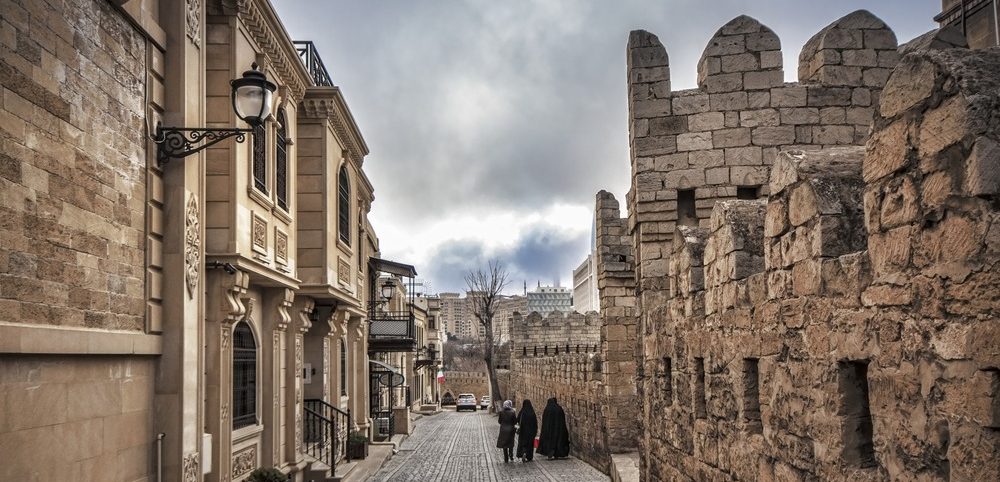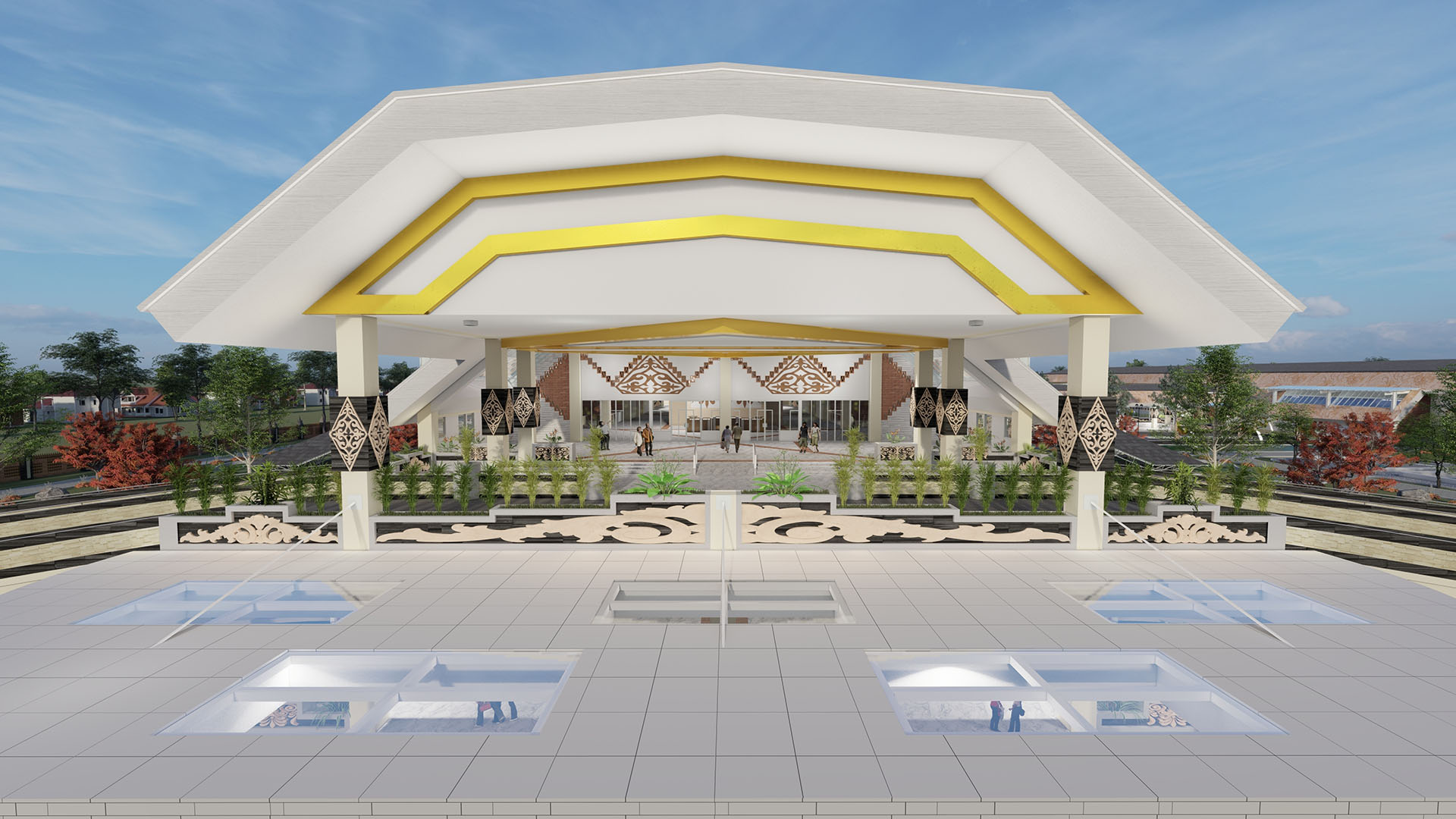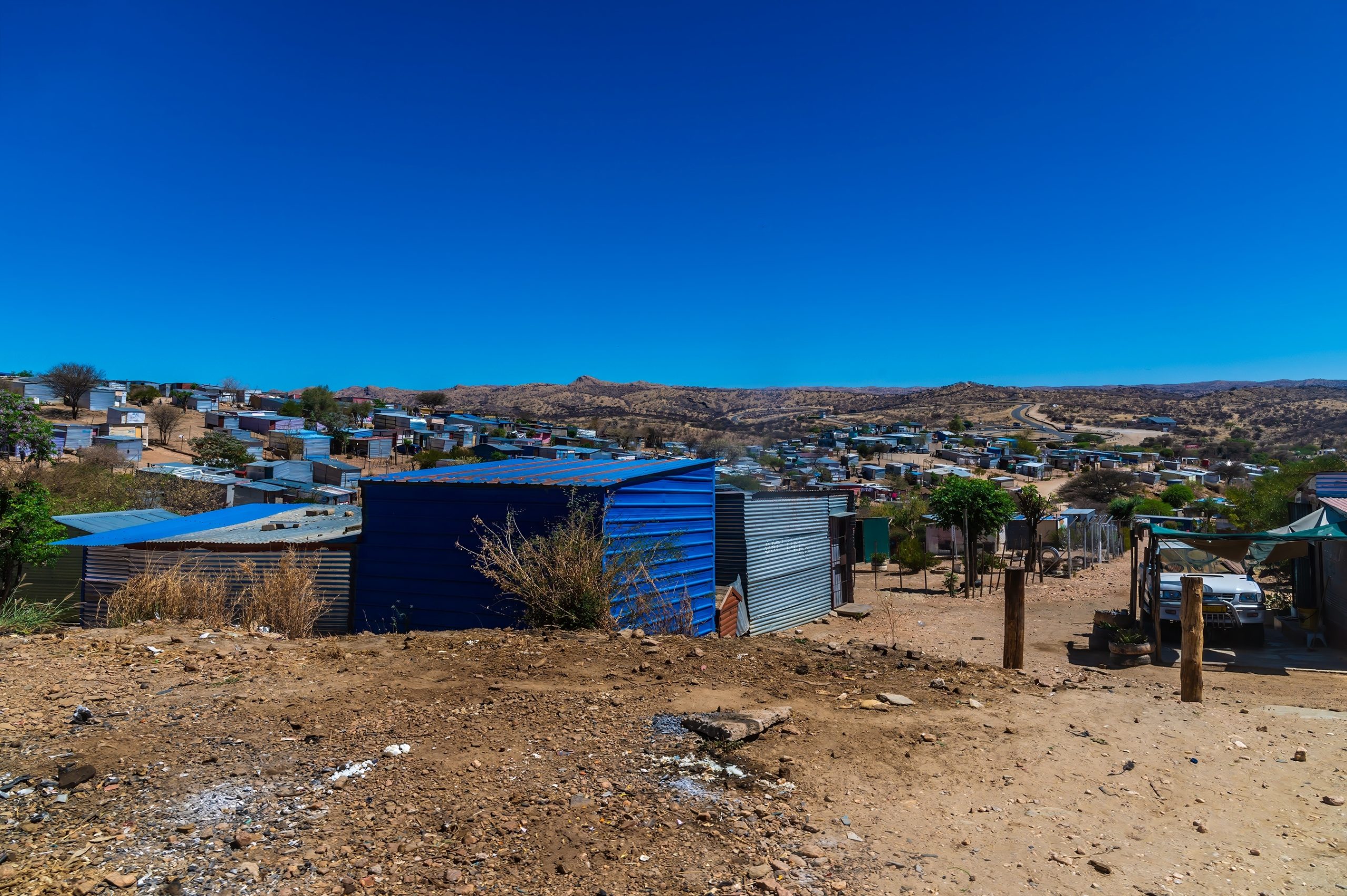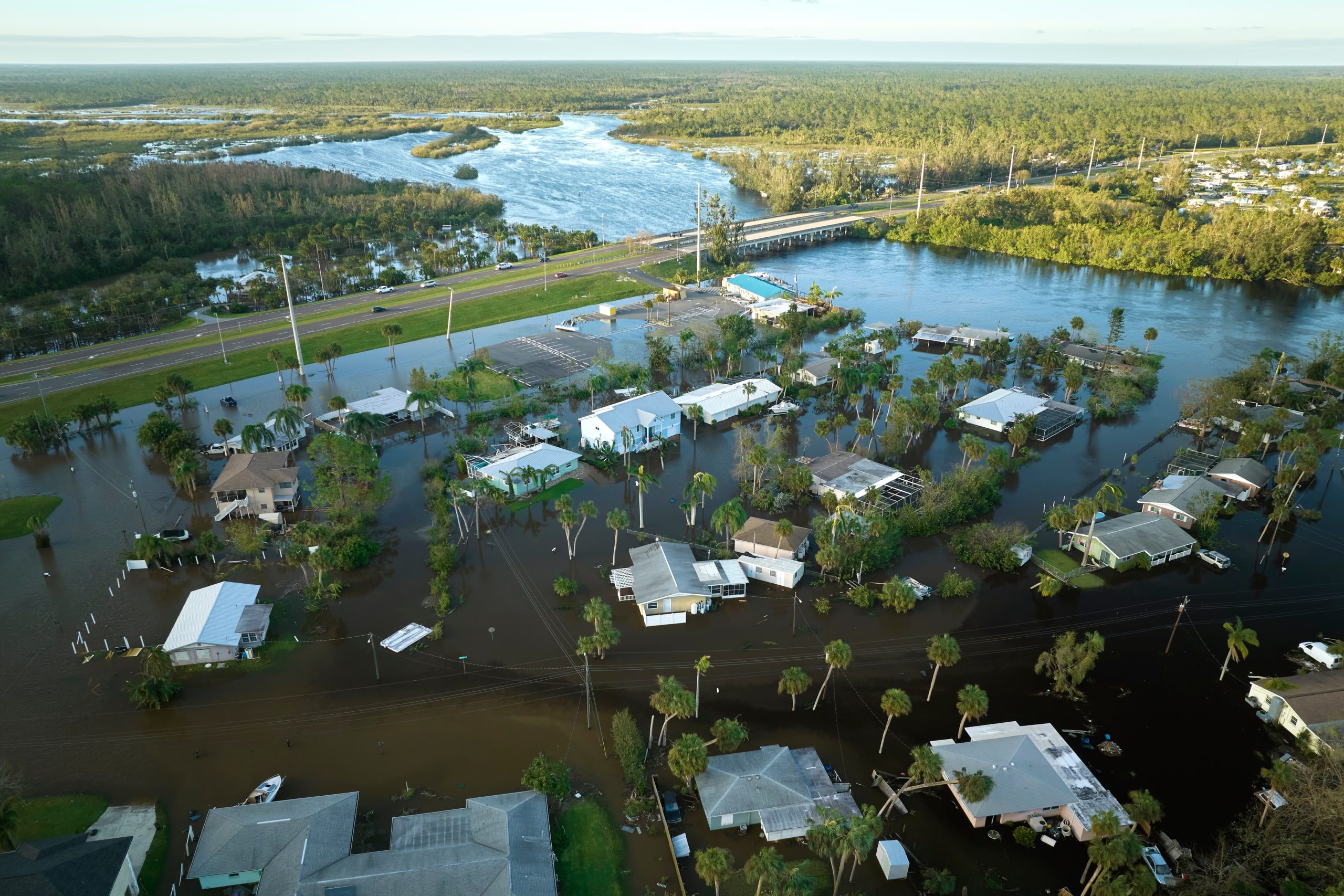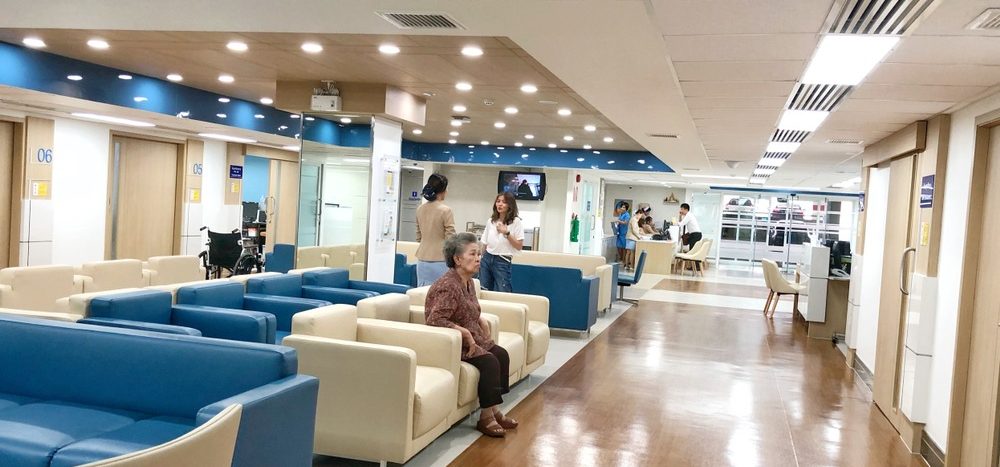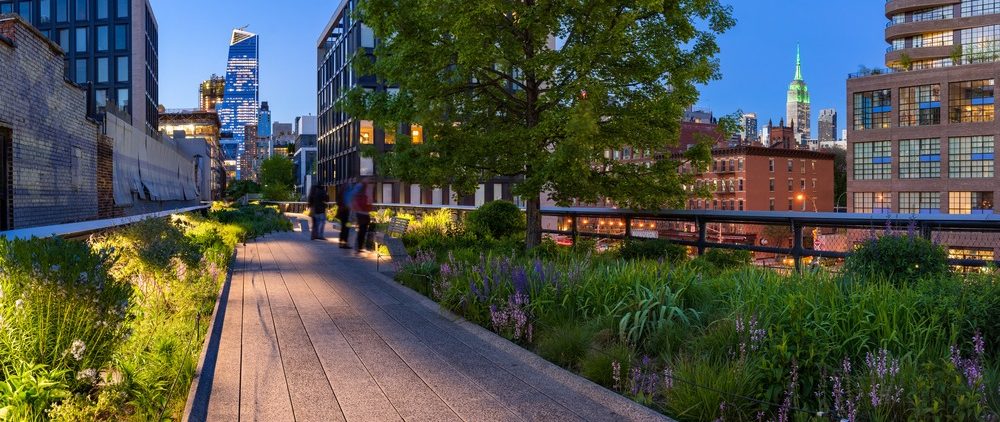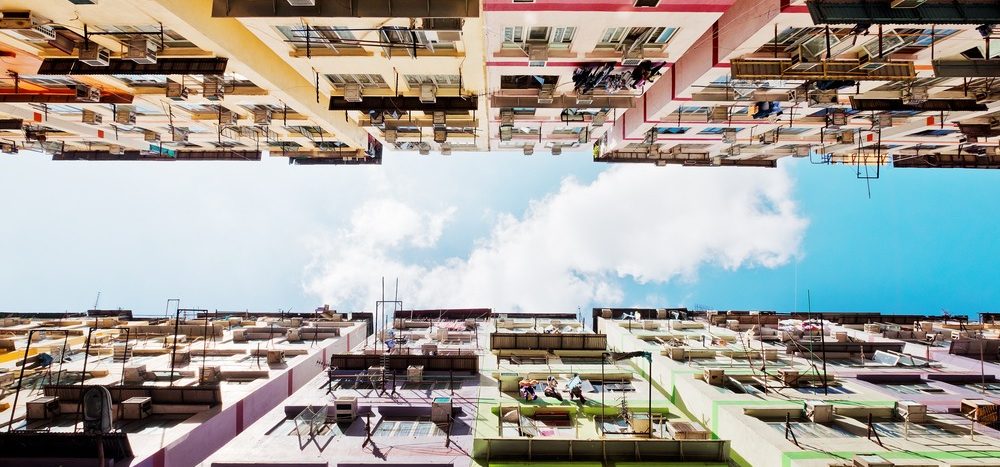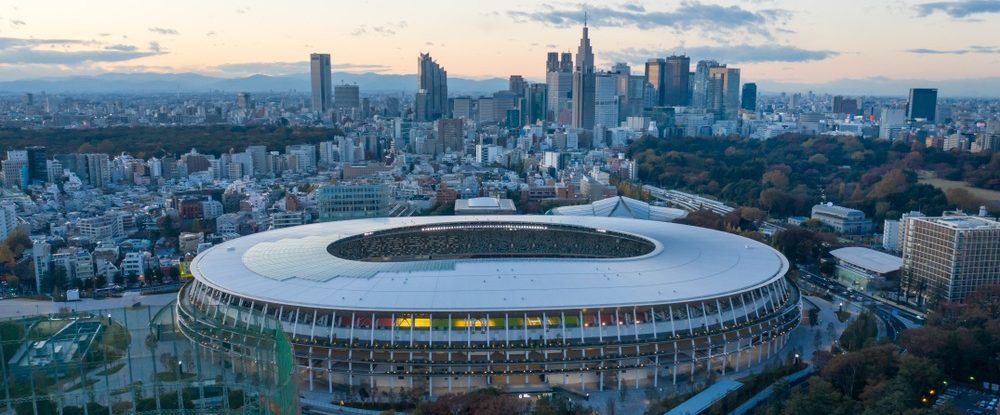UIA Work Programmes are policy-driven and relevant entities that are vital to the critical aims of the Union. They formulate policies on matters affecting the public interest and architecture. The UIA Council has ratified the following Work Programmes for 2021-2023.
Architecture and Society: Architecture for All, Architecture and Children, Heritage and Cultural Identity
Habitat: Social Habitat, Community Architecture & Human Rights, Architecture, Cities and Territories
Public Facilities: Public Health, Sports and Leisure, Education and Cultural Spaces, Public Spaces
